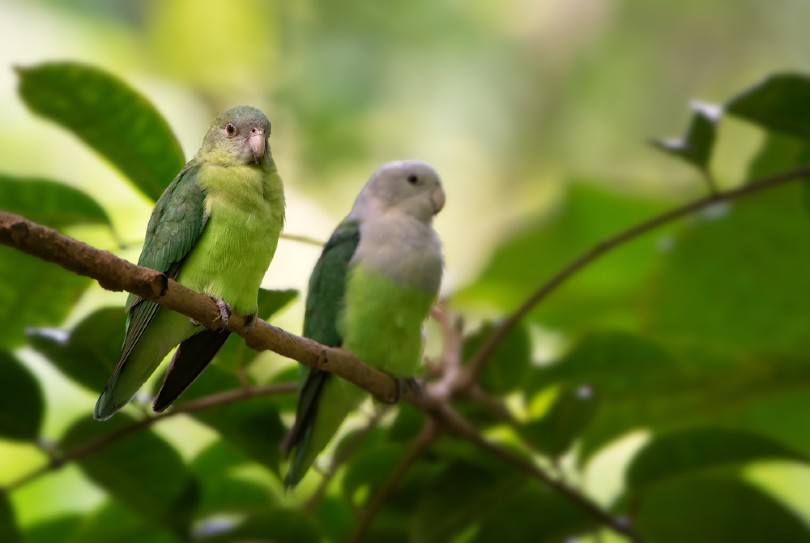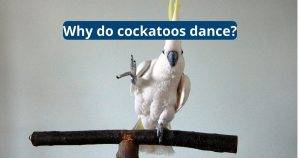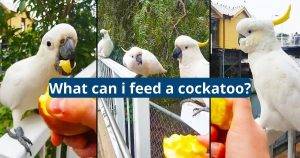How Long Do Lovebirds Live in Captivity?

Lovebirds make great pet birds for beginners, but they do require a lot of attention. They need to be socialized and given plenty of playtime. Like all pets, they need to be given regular vet care. A veterinary specialist who specializes in exotic birds is important as these animals can harbor diseases that affect their health.
Lifespan
With proper care, a lovebird might make it to an age of up to 20 years. However, this is not guaranteed because of several factors that are beyond the bird owner’s control. Some of these include the quality of food, the environment, and the vet care the pet receives.
In the wild, lovebirds have a lifespan of about 15 years. However, this varies depending on the conditions they are living in and the illnesses that they may develop.
As for domesticated lovebirds, they are known to live up to 12 years in captivity if they have good care and healthy lifestyles. But if they are neglected and suffer from early illnesses, their life expectancy is less than five. Additionally, the lack of socialization leads to stress and harmful behaviors that can reduce their lifespan. These birds are also known to die from loneliness, so you should never leave your lovebird alone for long periods of time.

Diet
The diet of a lovebird in captivity plays a large role in how long they will live. A healthy diet of seeds, fruits, vegetables, sprouts and berries will help them thrive. Lovebirds should also be given plenty of water to drink.
When feeding lovebirds, it is best to give them a variety of foods to find out what they like and dislike. It may take a little trial and error to get it right. In general, they should not be fed too much of any one thing as this can lead to nutritional deficiencies and obesity.
It is important to provide a safe environment for lovebirds, including their cage or aviary and a fenced yard. They have very sensitive respiratory systems and must be kept away from cigarette smoke, perfumes and scented candles as well as Teflon pan fumes. These birds need regular exercise and mental stimulation as well. These can be provided through toys, swings, boxes, willow branches and special rough surfaced perches for chewing and roosting.
Socialization
Lovebirds are small Old World parrots that form strong, monogamous bonds with their mates. However, they’re also lively birds that enjoy interacting with their owners. Taking them out of their cages and into the house on a regular basis will help to enrich their lives. This out-of-habitat time will also allow them to bond with you.
Domesticated lovebirds can live up to 20 years in captivity. However, their lifespan is dependent on how well they’re cared for. If they’re neglected, they may suffer from stress-induced behaviors that can significantly cut their life expectancy.
Generally, lovebirds should be kept in pairs due to their social nature. But they can still thrive in single-bird homes if the owner takes the time to spend quality time with them, playing, stroking, and scratching. The birds also need to have a lot of playtime outside their cages to keep them active and mentally stimulated. In addition, lovebirds need regular baths with lukewarm water to keep their feathers and skin healthy.
Health
Lovebirds in captivity can live much longer than their wild counterparts. Various factors contribute to this, including the stability of their living environment (and owners making an important contribution here), a nutrient-rich diet that mimics what lovebirds eat in the wild—a mix of seeds, grains, berries, fruits, and leafy greens—and regular health checkups by an avian vet.
As with all parrots, lovebirds are very adept at hiding illnesses, which is a natural survival mechanism. As such, a bird owner who notices any change in their usual behavior should have the number of an avian veterinarian nearby and should know when to call for help.
Another important factor is providing your lovebird with plenty of toys to chew on and play with, as well as letting them exercise outside their cage. This will keep them physically active and mentally stimulated, which can contribute to their longevity. It is also important to provide them with fresh, clean water daily, preferably multiple times per day.





